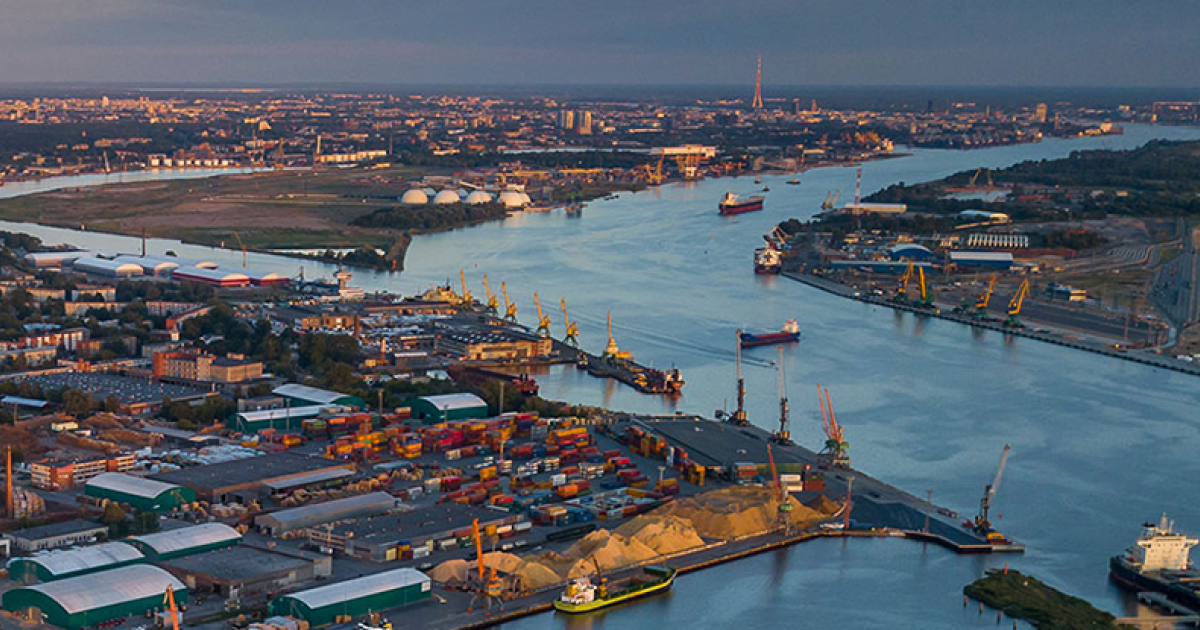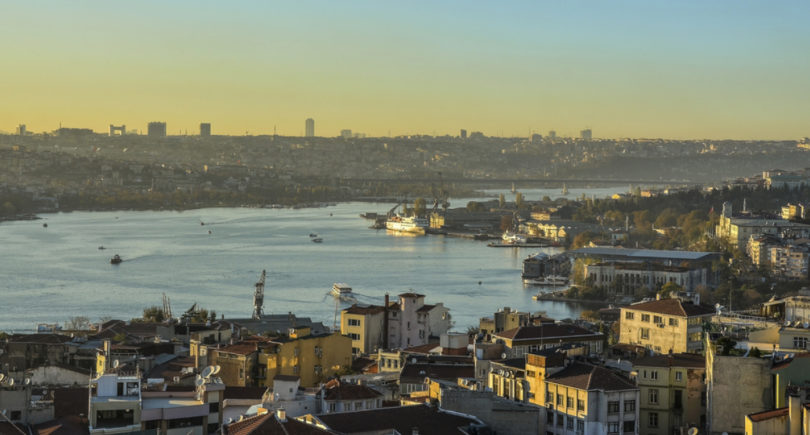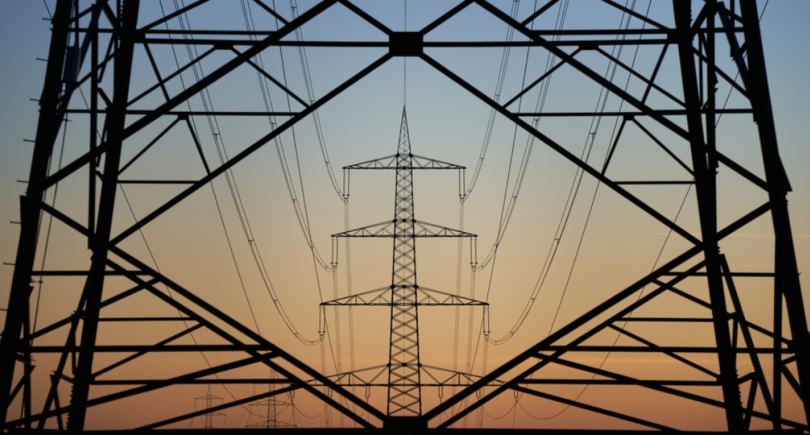
News Infrastructure ports 1098 12 January 2023
Transshipment of ferrous metals in the port of Riga decreased by 28.7% y/y in 12 months
In 2022, the Riga Free Port increased the transshipment of iron ore by 16.8% compared to the same period in 2021 – up to 954.6 thousand tons. This is evidenced by the port website’s data.
Transshipment of scrap metal, steel products and ferroalloys in the port of Riga for 12 months last year amounted to 516.6 thousand tons, which is 28.7% less compared to 2021. In total, during this period, Riga port workers processed 1.47 million tons of iron and steel cargo. This is 4.5% less y/y.
In January-November 2022, the port of Riga increased transshipment of bulk cargo by 20.6% y/y – up to 14.5 million tons, including:
- coke and coal – 5.15 million tons (4.6 times more by 2021);
- grain and grain products – 2.65 million tons (-5.2%);
- chemical cargoes – 499,000 tons (-62.8%);
- wood – 1.64 million tons (27.5%);
- other bulk cargoes – 856.6 thousand tons (+1.2%).
Processing of general cargo increased by 4.8% y/y in 12 months – up to 7.55 million tons, and bulk cargo – decreased by 35.3%, to 1.47 million tons. In general, during this period, the port of Riga increased cargo transshipment by 9.4% compared to the same period in 2021 – up to 23, 52 million tons
The Riga Free Port increased the transshipment of iron and steel cargo by 33.9% compared to 2020 – up to 1.54 million tons. The volume of iron ore processing was 817 thousand tons, and ferrous metals – 724.7 thousand tons, which is 34.6% and 33.4% more y/y, respectively. In general, for 2021, the port reduced cargo transshipment by 9.3% year-on-year – to 21.5 million tons.
As GMK Center reported earlier, after the start of the war, seaports of Ukraine were closed due to mine danger, as well as the threat of piracy by ships of the Black Sea Fleet of the Russian Federation. Cargo turnover of sea trade ports of Ukraine since the beginning of the military invasion of Russia has decreased to a minimum
Ukraine considered the possibility of export of steel products and grains to the world market through the ports of the Baltic Sea. The Minister of Infrastructure of Ukraine met with colleagues from the Baltic States and Poland to discuss the possibility of creating new transport corridors.




